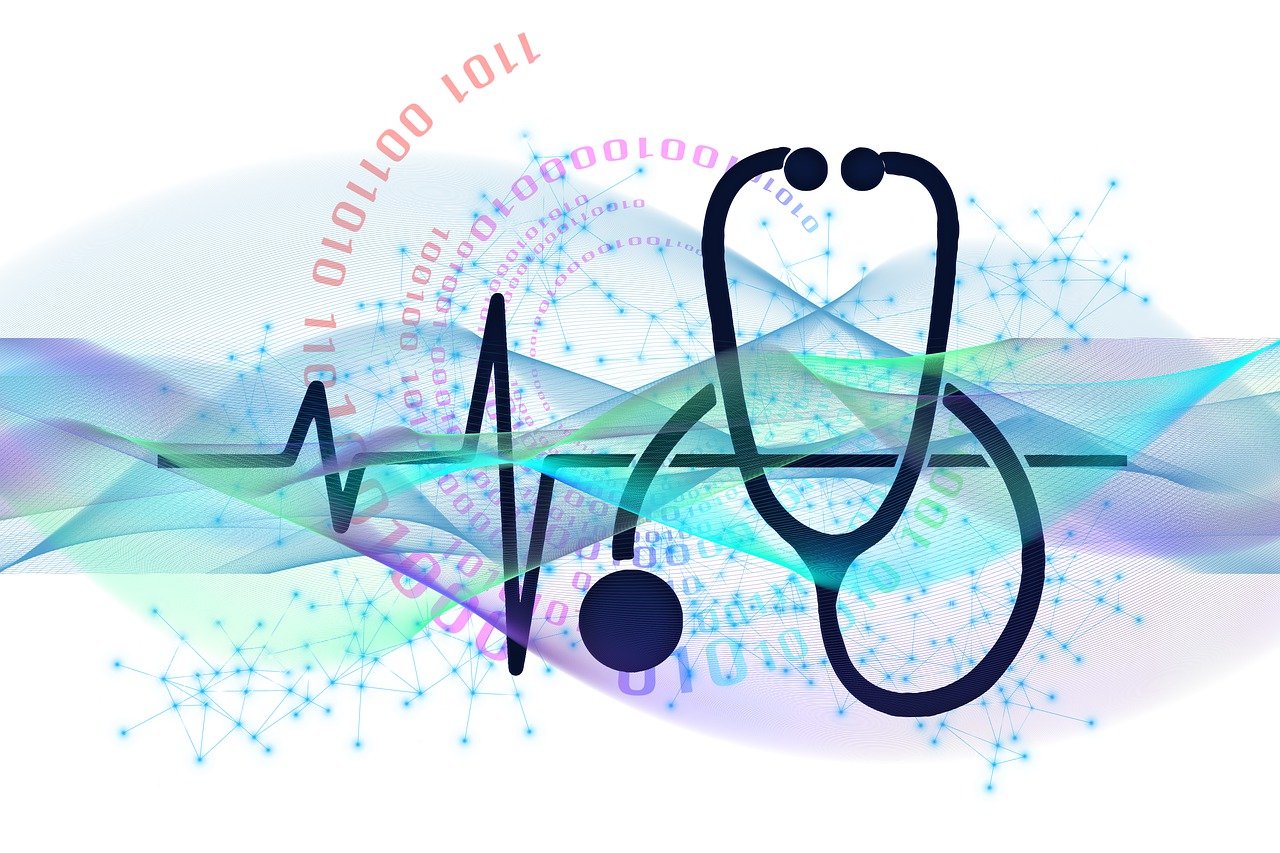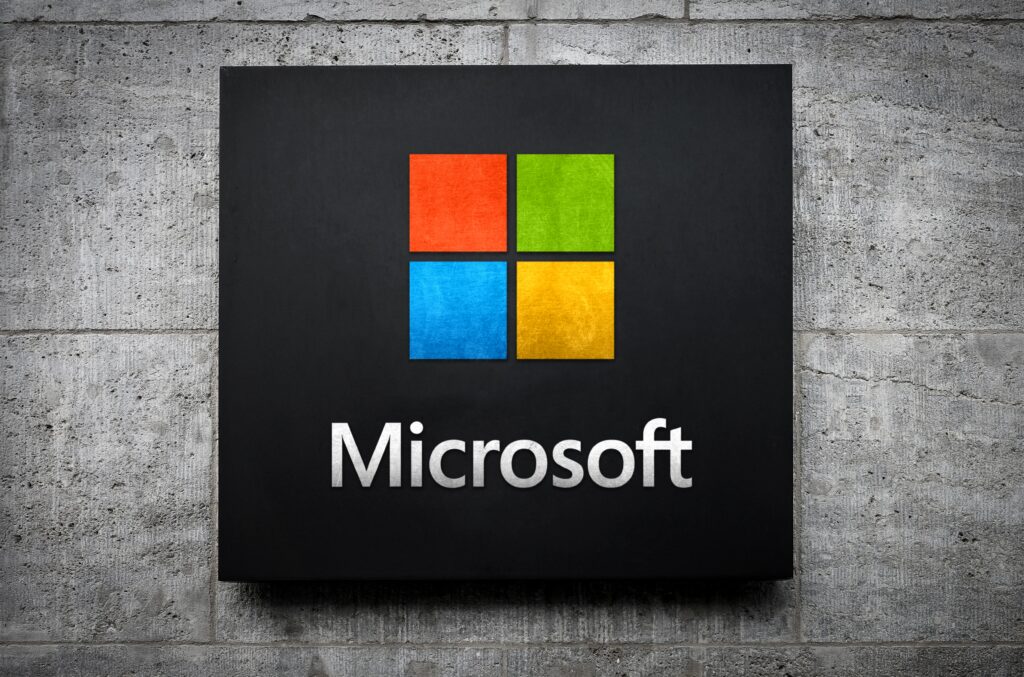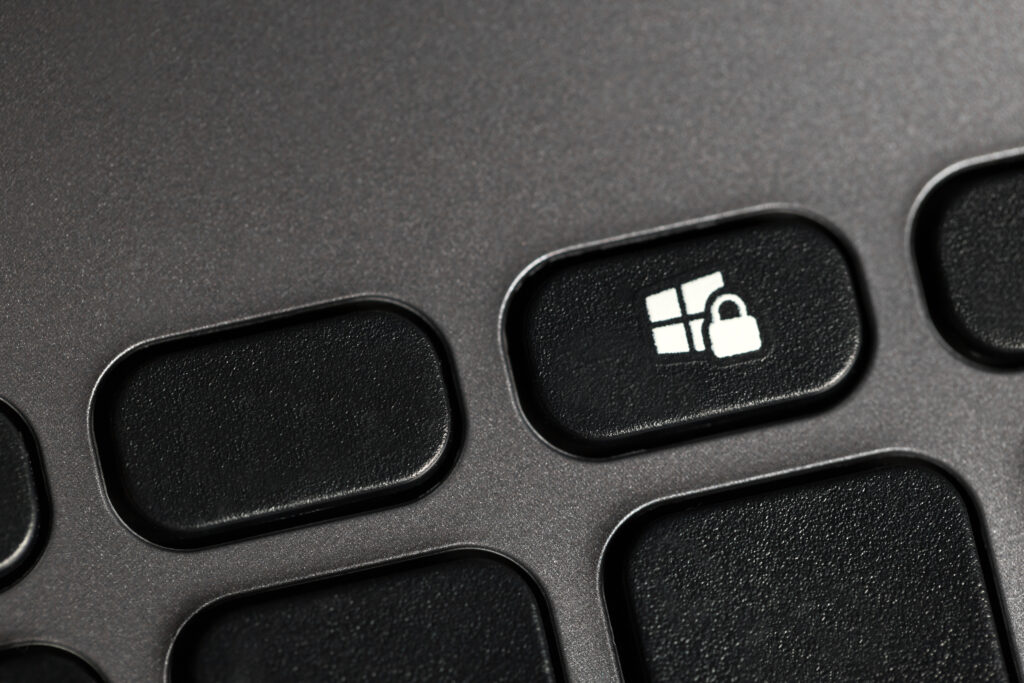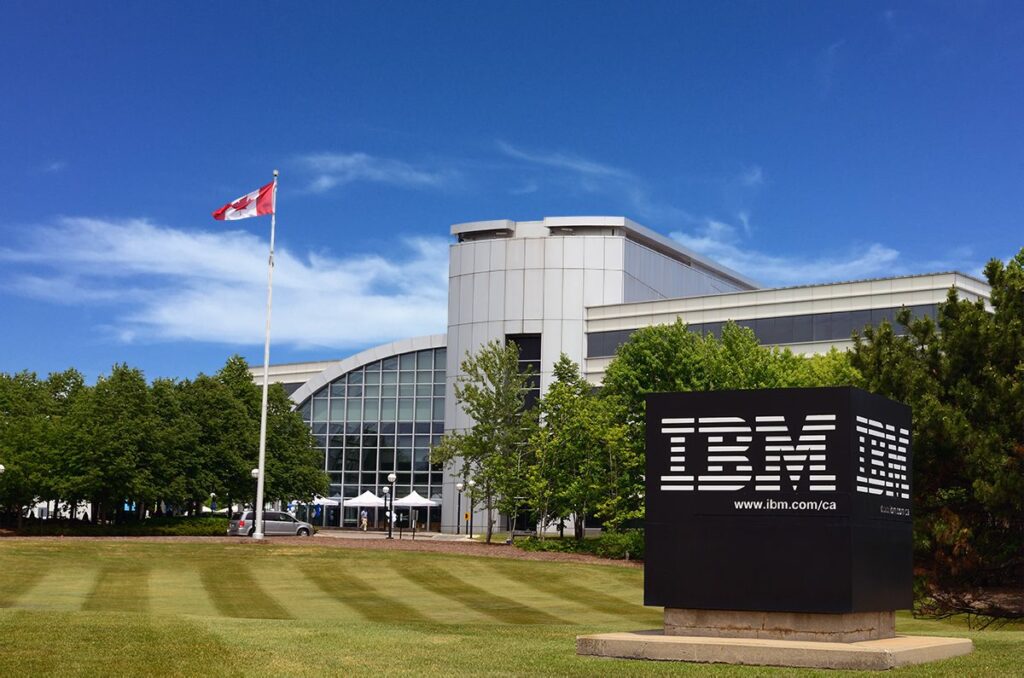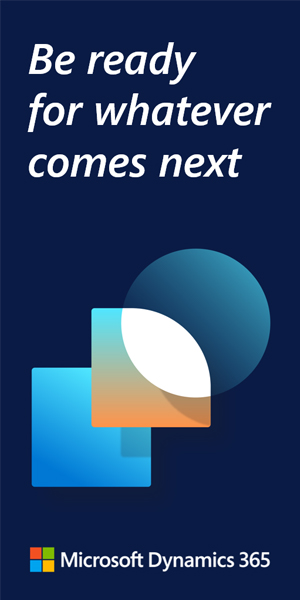Microsoft has announced a new cybersecurity program to support hospitals serving more than 60 million people living in rural America.
The program is being run with the help of The White House, the American Hospital Association and the National Rural Health Association. It is a part of Microsoft’s AI for Health program where the company works with nonprofits, researchers and organizations working on global health challenges to make advances in telemedicine and improve clinical decision-making and prediction.
In 2023, the healthcare sector reported more ransomware attacks than any other critical infrastructure sector, and attacks involving ransomware against the healthcare sector were up nearly 130 percent. The new Microsoft Cybersecurity Program for Rural Hospitals is designed to deliver free and low-cost technology services for these hospitals, along with free training and support.
For independent critical access hospitals and rural emergency hospitals, Microsoft will provide nonprofit pricing and discounts for its security products optimized for smaller organizations, providing up to a 75 percent discount. For some larger rural hospitals already using eligible Microsoft solutions, the company will be providing its most advanced security suite at no cost for one year. On top of this, Microsoft will give Windows 10 security updates to participating rural hospitals for at least one year at no additional cost and also provide free cybersecurity assessments and cybersecurity training to staff.
Rick Pollack, president and CEO, American Hospital Association said: “Hospitals and health systems have invested significant resources to guard against cyberattacks, but they can’t do it alone. Cybersecurity is a shared responsibility, and these investments from Microsoft help reinforce that.
“Rural hospitals are often the primary source of healthcare in their communities, so keeping them open and safe from cyberattacks is critical. We appreciate Microsoft stepping forward to offer its expertise and resources to help secure part of America’s healthcare safety net.”

